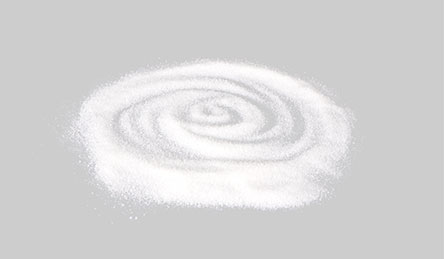
Search


Fischer-Tropsch wax, synthesized through syngas or natural gas, finds extensive applications in industrial and commercial realms. It is highly regarded for its high melting point, fine crystalline structure, narrow melting point range, low oil content, low migration rate, low melting viscosity, hardness, and high stability. This blog will explore in detail the specific roles of synthetic FT wax in the PVC industry.
In PVC processing and production, synthetic FT wax is primarily used as an external lubricant. It features low molecular weight, low melting viscosity, high melting point, and a narrow melting range. Consequently, a smaller amount can achieve the same lubricating effect, reducing the negative impact of lubricants on the physical and mechanical properties of the product. Therefore, synthetic FT wax holds irreplaceable advantages over PE wax in terms of internal and external lubrication balance adjustment. The synthetic wax suppliers play a crucial role in providing these high-quality products to the industry.
Synthetic FT wax can serve as an external lubricant for PVC, decreasing the friction and adhesion between PVC and steel, regulating the plasticizing rate, and improving the fluidity and molding performance of PVC processing. In the mixing process, synthetic FT wax aids in the dispersion of pigments and fillers, particularly effective in extrusion of high viscosity systems, requiring less addition and significantly enhancing the surface gloss of the product. Furthermore, synthetic FT wax can also wet dyes, reduce extrusion viscosity, and increase product production speed.
Besides PVC processing, synthetic FT wax is also widely used in other plastic processing fields. It can be used in hot melt adhesives, pipes, profiles, inks, coatings, masterbatches, rubber, candles, textiles, and more. In these applications, synthetic FT wax serves as a lubricant, mold release agent, and gloss enhancer, improving the processing performance and surface quality of the products. The availability of wholesale fischer tropsch wax has made it more accessible for various industries to incorporate this versatile material into their processes.
During PVC resin processing, due to its polar molecular structure and inter-molecular forces, it easily decomposes during processing. To improve processing performance, lubricants need to be added. As an ideal external lubricant, synthetic FT wax can reduce the viscosity of PVC resin, enhance fluidity and molding performance. It can be widely applied in processes such as extrusion, injection molding, and granulation of PVC products, improving product surface smoothness, lowering energy consumption, and increasing production efficiency.
In summary, synthetic FT wax plays various roles in the PVC industry, such as lubrication, improving processing performance, and enhancing durability. With the continuous development and expansion of the PVC industry, the application prospects of synthetic FT wax will become even broader. In the future, with ongoing innovations and advancements in technology, the performance of synthetic FT wax will be further enhanced and optimized, making a greater contribution to the sustainable development of the PVC industry.
